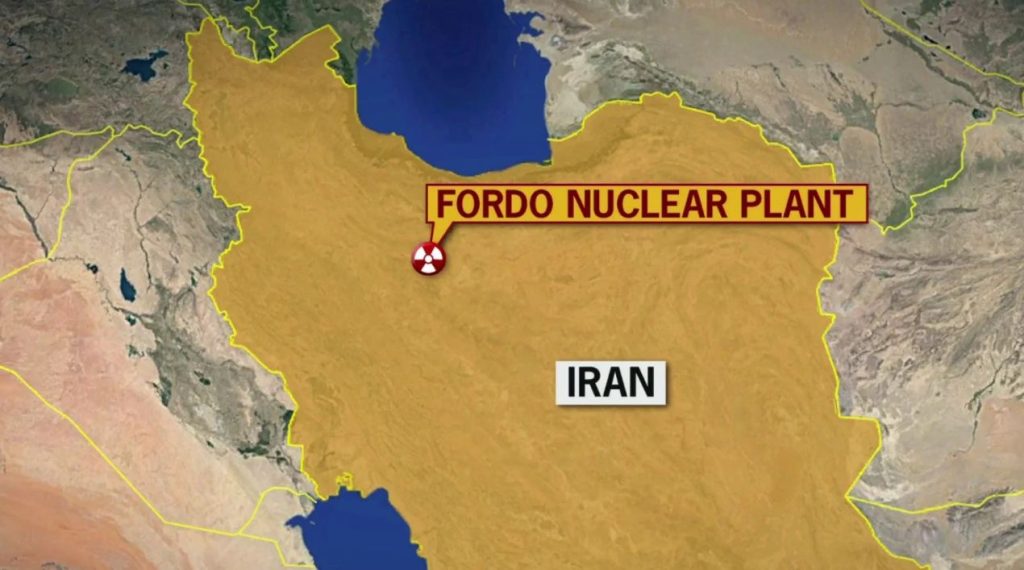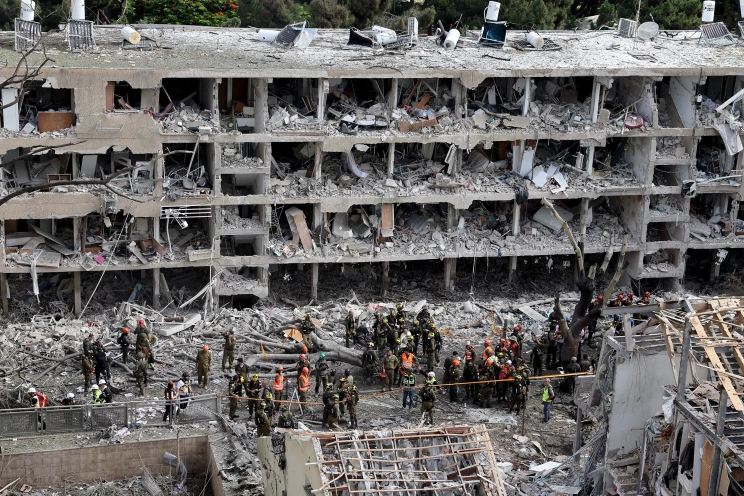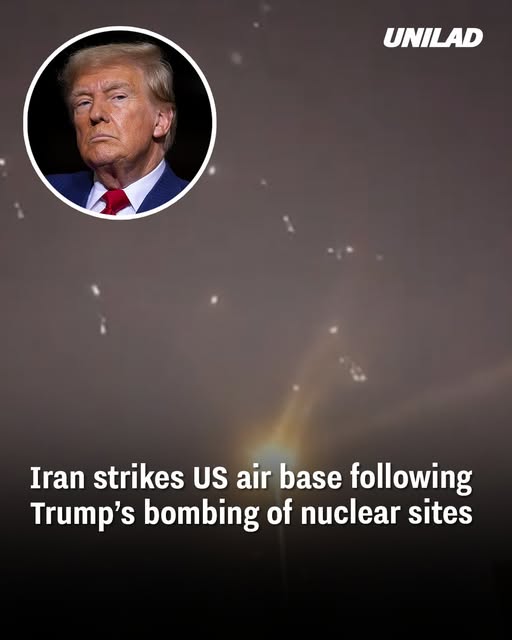On June 23, 2025, Iran launched a coordinated missile attack targeting U.S. military positions, including the Al-Udeid Air Base in Qatar and a base in western Iraq. The operation, reportedly called “Promise of Victory”, involved around six short- and medium‑range ballistic missiles. According to Iran’s Revolutionary Guards, the strikes were a direct response to U.S. airstrikes on its nuclear facilities as part of Operation Midnight Hammer.
Qatar’s Successful Interception & Zero Casualties
Qatari air defenses intercepted all incoming missiles above Doha, and there were no reported injuries or damage at Al-Udeid. Footage from social media platforms like X (formerly Twitter) showed Qatar’s systems in action over the capital. The United States Embassy in Qatar advised citizens to shelter in place while the Gulf nation strongly condemned the attack, deeming it “a brazen violation of sovereignty and international law” and reserving the right to respond in line with international law.

Warning Issued & Regional Airspace Reaction
In a notable diplomatic gesture, Iran alerted Qatar in advance, enabling the country to temporarily close its airspace and allow anti‑missile defenses to activate, minimizing civilian risk . Following Qatar’s lead, other Gulf nations—Bahrain, Kuwait, and the UAE—also shut their skies. Regional airlines promptly cancelled flights to avoid incidents
U.S. Military Precautions Pre‑Strike
Satellite imagery from June 5–19 revealed that U.S. forces moved nearly 40 aircraft from Al-Udeid, including C‑130 transports and reconnaissance jets, leaving only a handful visible by June 19. The U.S. Embassy also restricted base access and urged personnel to remain vigilant. These preemptive measures suggest that the U.S. anticipated Iran’s retaliation.
Broader Regional & Diplomatic Consequences
The attack escalated regional tensions dramatically. To the U.S. White House, it marked a consequential moment—President Trump held a national security meeting later that day.
Qatar, Saudi Arabia, and other Gulf states denounced it, with Saudi Arabia calling it “a flagrant violation of international law”. The United Nations, EU, and NATO urged both sides to de‐escalate . Russia backed Iran’s right to self-defense, while China also emphasized restraint.
Symbolic Retaliation, Not Full‑Scale War
Strategic analysts point out that Iran’s attack was symbolic, mirroring the scale of U.S. strikes but deliberately avoiding civilian casualties, aiming to deliver a calculated message without triggering broader conflict. Iran claimed the missile count matched U.S. bomblet numbers and emphasized its intent to avoid escalating into full-blown war .
What Lies Ahead?
Despite the symbolic nature, the risk of further escalation remains high. Iran has warned that any additional U.S. aggression could prompt more powerful responses. Meanwhile, research indicates Israel continues to conduct airstrikes on Iranian targets—including politically significant sites in Tehran—raising fears of a wider regional war. Global energy markets are monitoring these developments closely, particularly the potential disruption of the strategic Strait of Hormuz.

In Summary
Iran’s June 23 missile strikes on U.S. bases in Qatar and Iraq represent a formal, measured retaliation aimed at countering U.S. action against its nuclear program. With zero casualties and advanced warnings exchanged, the strike communicated Iran’s resolve while avoiding broader war. Nonetheless, regional tensions have surged, prompting urgent calls for diplomacy to avert a potentially catastrophic escalation in the Middle East.

















